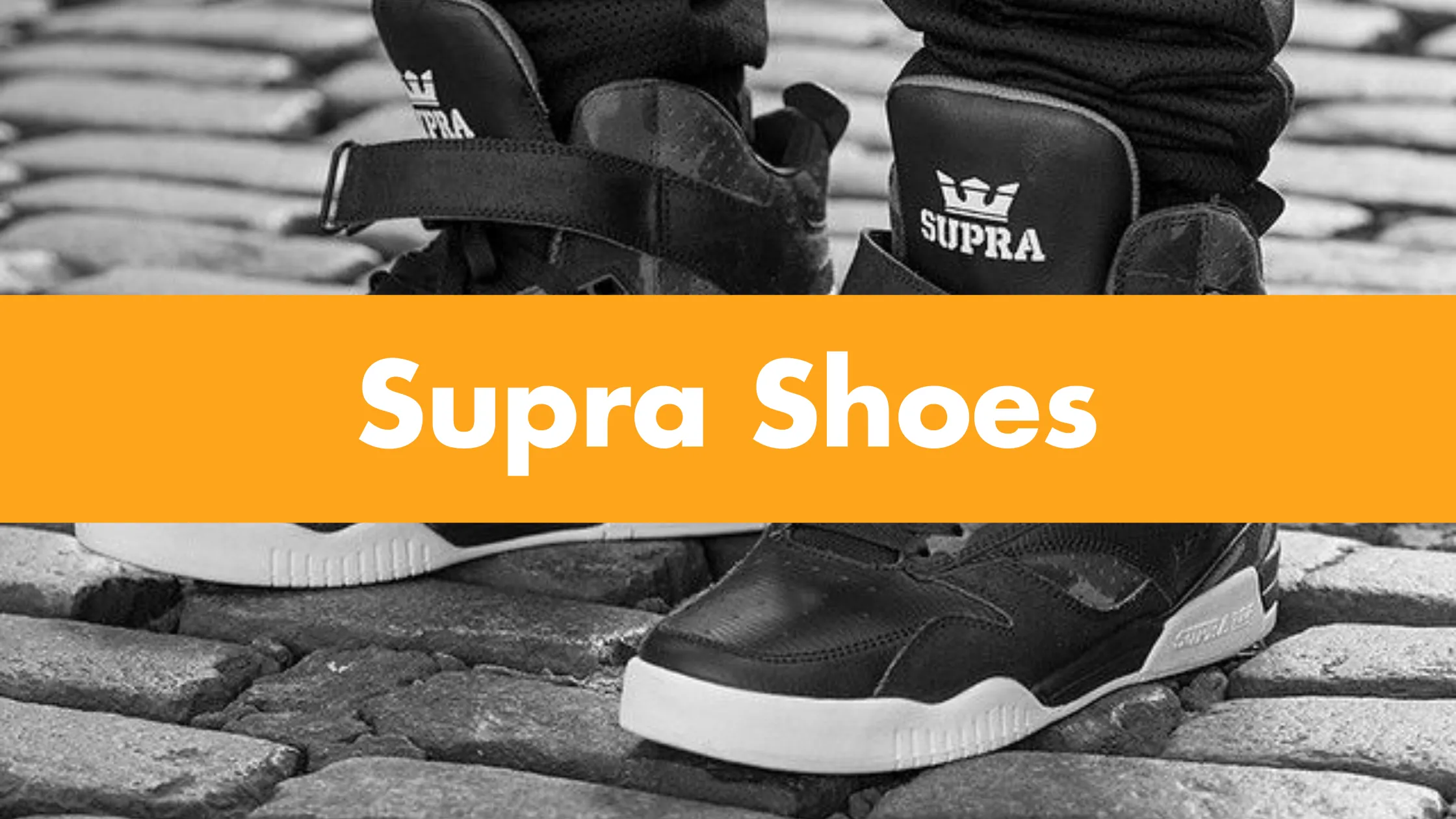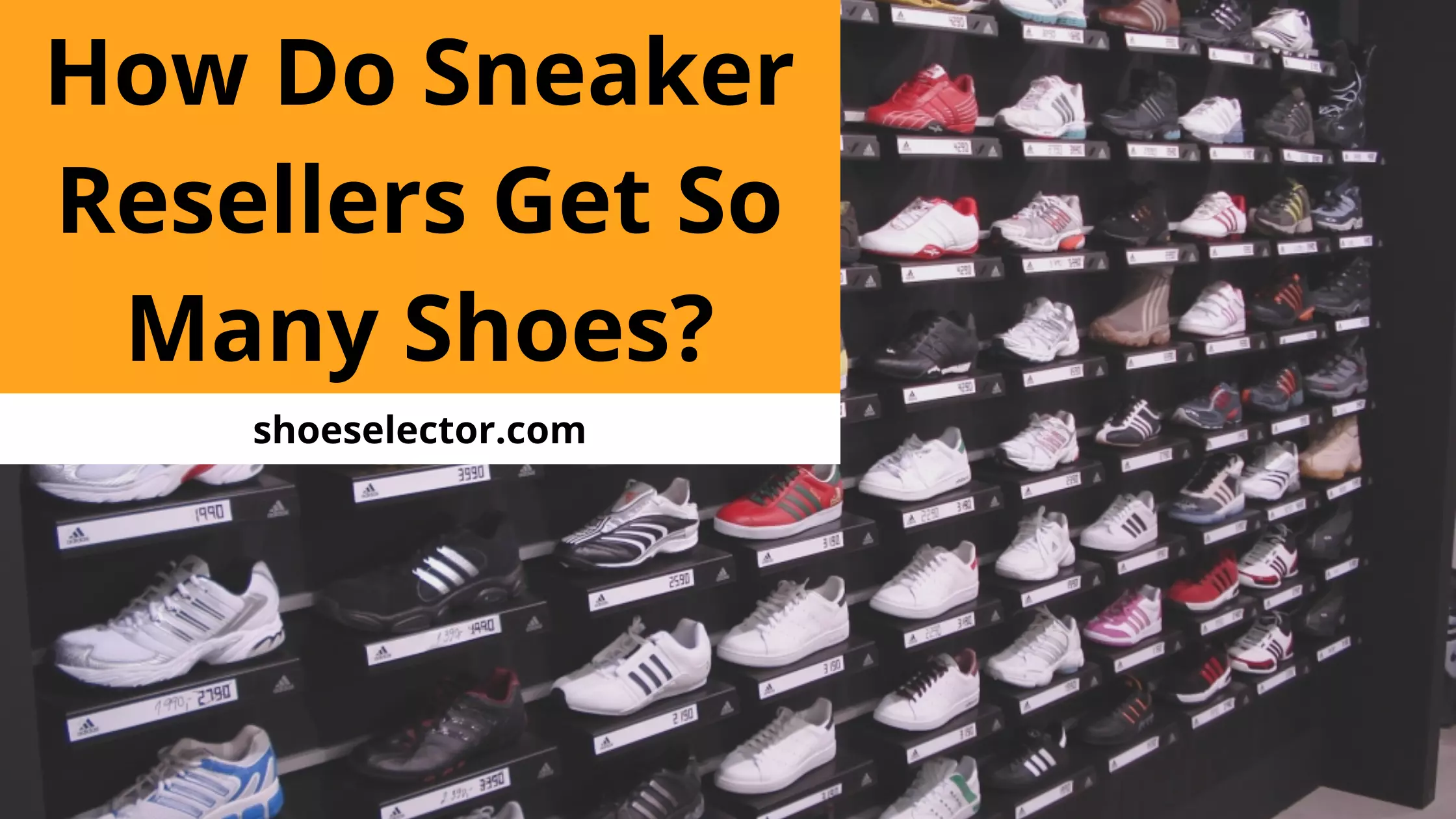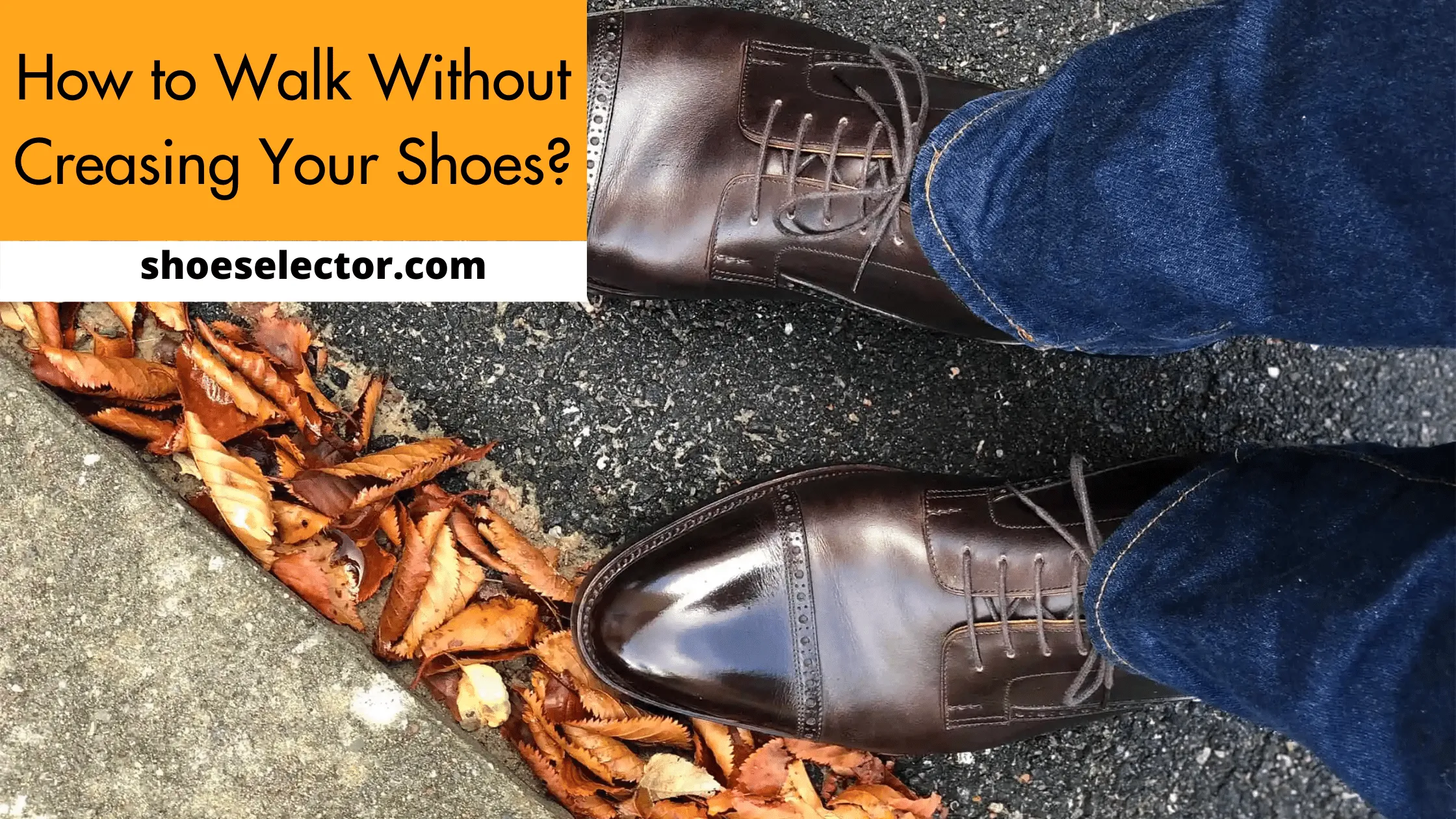In the early 2000s, Supra was one of the most popular shoe brands among skateboarders and hip-hop artists. The company’s signature style, a mix of California cool and street-savvy attitude made its shoes some of the most coveted sneakers around.
But in recent years, Supra has all but disappeared from the hype cycle. The brand was sold by its parent company in 2012 and has since been overshadowed by flashier footwear companies like Vans and Adidas.
So what happened to Supra? And can the brand make a comeback? In this blog post, we’ll take a look at the history of Supra, and explore what the future might hold for this once-popular shoe brand.
History Of Supra Shoes:
In order to understand Supra’s fall from grace, it’s important to understand the company’s history. Supra was founded in 2002 by skateboarder Angel Cabada. Cabada who went by the nickname “AC” was a former professional skater who had started his own line of skateboard decks and apparel. Supra was founded in 2006 by Angel Cabada, better known as skaterboyAC. A former professional skateboarder, Cabada was inspired to start his own sneaker company after he was unable to find a shoe that he liked that was also affordable.
Supra quickly became popular among skaters and hip hop artists for its unique style. The company’s shoes were known for their mix of California cool and street-savvy attitude, and they quickly gained a cult following.
With Supra, AC wanted to create a line of shoes that would appeal to both skateboarders and non-skaters alike. The brand’s first shoe, the Supra Vaider, was a high-top sneaker with a chunky sole and velcro straps.
The Vaider quickly became a hit among skaters and hip-hop artists, thanks to its unique style and comfort. Cabada followed up the Vaider with a series of other popular shoes, including the Supra TK Society and the Supra Skytop.
By 2010, Supra was one of the most successful shoe brands in the world. The company had annual sales of $200 million, and its shoes were worn by celebrities like Kanye West and Jay-Z.
However, 2012 marked a turning point for the company. That year, Supra was sold by its parent company, One Industries, to the footwear conglomerate K-Swiss.

Reasons For Supra Demise:
Under K-Swiss’s ownership, Supra began to lose its identity. The brand was no longer run by skateboarders, and its shoes became less and less popular among the skate community.
In 2016, things came to a head when K-Swiss announced that they were shutting down Supra’s operations. The brand was relaunched under the ownership of Authentic Brands Group, but it has struggled to regain its former popularity.
However, Supra’s success was short-lived. The company was sold by its parent company in 2012 and has since been overshadowed by flashier footwear companies like Vans and Adidas.
There are a few possible reasons for Supra’s decline. First, the brand was never able to gain a foothold in the basketball market. While Supra’s skate shoes were popular, the company never released a signature basketball shoe.
Second, Supra was hurt by the recession. The economic downturn of the late 2000s led to a decrease in consumer spending, and many shoppers turned to cheaper brands like Vans and Converse.
Finally, Supra was slow to embrace e-commerce. The company didn’t launch its own online store until 2015, and by then, it was already too late. Supra’s sales had begun to decline, and the brand was struggling to keep up with its more agile competitors.
Will Supra Make A Comeback?
While there’s no guarantee that Supra will make a comeback, the brand is starting to show signs of life. In 2017, Supra was bought by Robert Birge, the CEO of K Swiss.
Birge has big plans for the brand, and has said that he wants to make Supra “the cool shoe company again.” Only time will tell if Birge can recapture Supra’s former glory, but the brand is definitely worth watching in the coming years. Thanks for reading!
So what does the future hold for Supra? Only time will tell. But with a new owner and a renewed focus on its skateboarding roots, there’s a chance that the brand could make a comeback.




